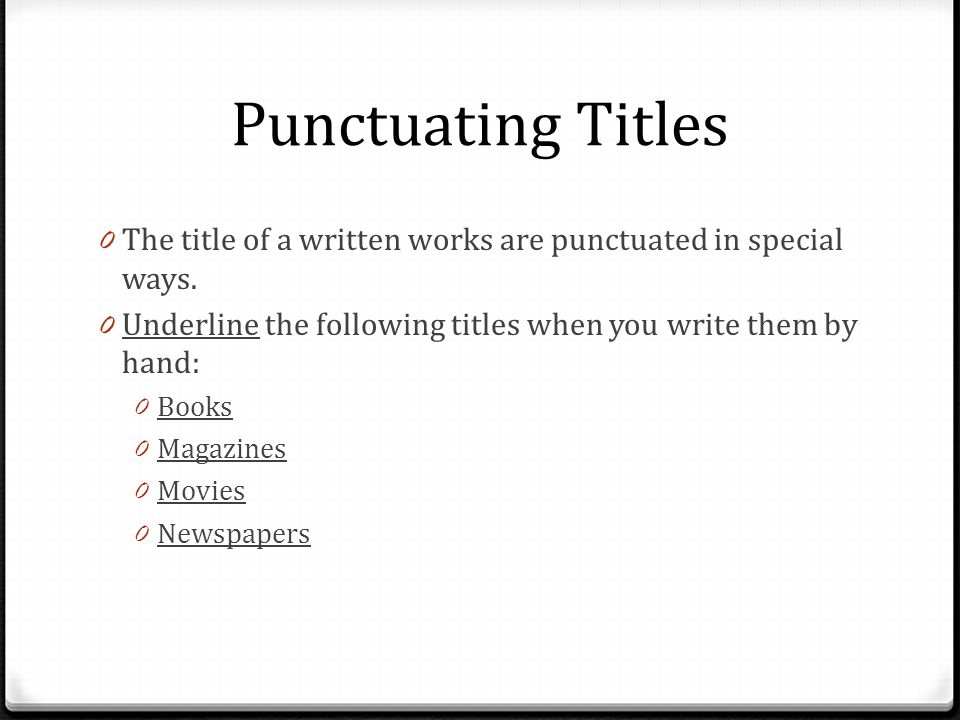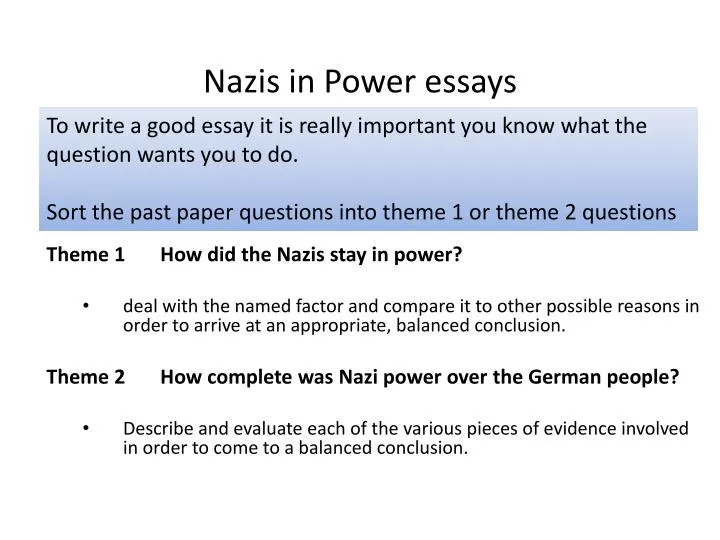Writing the Literature Review (Part One): Step-by-Step.
It is important to note that literature review writing may form: an assignment by itself; be part of a larger paper (part of a thesis or section of a research report). Aims of a literature review. The literature review aims to compare and contrast the thinking, ideologies, concepts and thoughts in 'the field' of a particular subject area. It is.
The Literature Review: A Guide for Undergraduates. This guide provides undergraduate students with an introduction to writing a literature review. It will explain several things: what a literature review is, what it includes and how you should approach researching and writing it. As you have probably not had to write one before, you may be.
Where undergraduates often write to demonstrate a mastery of existing knowledge, graduate students are considered scholars and move toward creating new knowledge. Writing in graduate school, then, focuses on communicating that new knowledge to others in their field. In order to communicate this knowledge to other scholars, however, it also necessary to explain how that knowledge engages.
I had to write a literature review for my dissertation. It's basically a review of all of the work that has already been done on your topic. I was advised to first of all locate all of the relevant work and then group all of the authors by their ideas (i.e. group them by whether they're liberal or conservative, or whatever groupings are relevant to your topic).
A literature review is not to be confused with a book review. It surveys scholarly articles, books, journal articles and other sources (for example: dissertations, conference papers) relevant to a particular subject, theory or area of research and provides a description, summary, and critical evaluation of each work.
This guide is designed as a starting point for graduate students conducting a literature review, particularly in the social and behavioral sciences. Related guides: Systematic reviews, a more specific guide for conducting systematic reviews from a health sciences perspective.
Some Modest Advice for Graduate Students by Stephen C. Stearns. Always Prepare for the Worst. Some of the greatest catastrophes in graduate education could have been avoided by a little intelligent foresight. Be cynical. Assume that your proposed research might not work, and that one of your faculty advisers might become unsupportive - or even hostile. Plan for alternatives. Nobody cares about.










